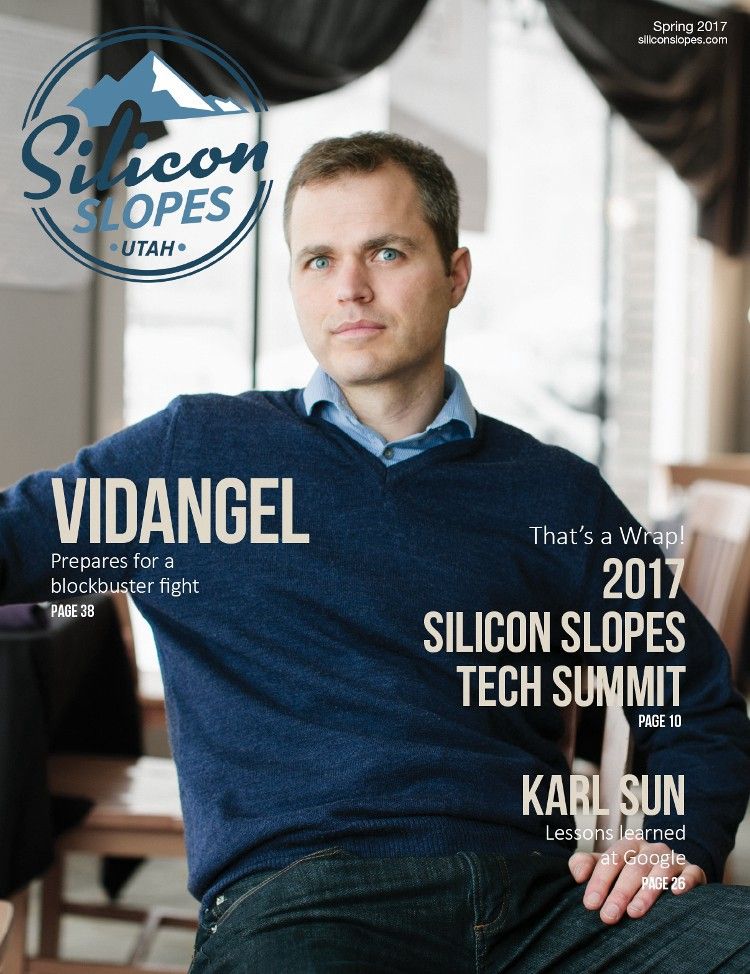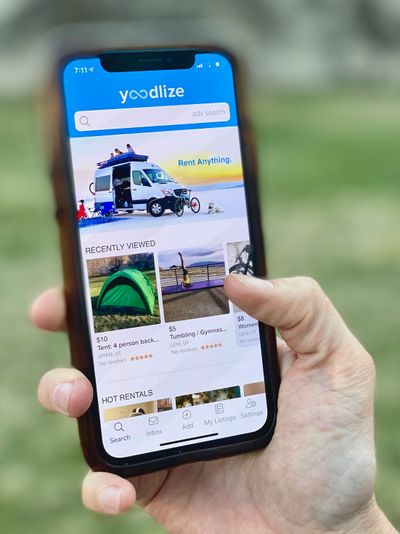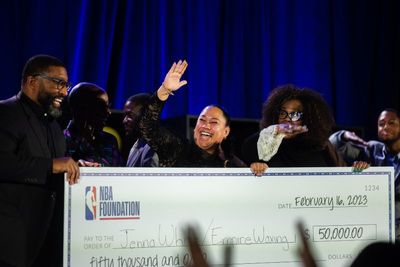By Gavin Christensen, founder of Kickstart Seed Fund.
This article was originally published in the Spring 2017 edition of Silicon Slopes Magazine.
Along with many of you, I had the experience of attending the Silicon Slopes Summit at the Salt Palace in January. The throngs of people (a few different sources said 5,000+ attendees) from inside and outside of the state, participating in what we are building here in Utah, are a testament to the momentum and excitement about the Utah startup scene. For me, this was a moment to reflect on what got us here — the persistent hard work and passion of a lot of people who deeply care about building something bigger than themselves. It feels great to see Utah succeed in spite of the doubters and cynics and to do so on its own terms with scrappiness and a collaborative spirit.
As a VC focused on Utah for over a decade, I have had the pleasure of being part of this journey. Kickstart was among the first seed funds launched in the US and we had to learn our trade right alongside the founders of startups that we backed. The learning curve was steep and painful at times. A good illustration was one of our first investments in a Utah SaaS company — we’ll call them Kronware.
I was feeling good — I’d raised a fund in the financial crisis (one of the worst times to try to raise a VC fund when many saw the skies falling during the Great Recession) and believed Utah would emerge as a leading technology hub. We’d made a few investments and just finished syndicating our investment in Kronware. (Quick aside: nowadays, syndication, or filling out the rest of a round, is much easier than it used to be. Companies still need to knock a few doors but most of the time it’s the company and lead investors deciding on the right partners to include in the round together, something that would have seemed like the height of luxury in 2008. Back then, it took crazy hustle. I must’ve been on the phone for a week straight, going through my Rolodex [ask your parents what that is, millennials], and rounding up $25,000 at a time until we hit the magic number: $750,000.)
Feeling like we might actually pull this VC thing off, I headed to our first board meeting with some excitement. As an investor, you learn to adjust expectations — hint: few financials ever turn out to look like hockey sticks, and you never quite know what you have invested in until the first board meeting — but nothing could have prepared me for this. I walked in the door, sat down, and within five minutes I was trying to wake up from a nightmare that was only too real. Since our investment only a few weeks back, one founder had fired the other founder. That founder was in turn suing the company. The revenue they had told me was about to come in was nowhere to be seen. The product didn’t work. Ah yes, and that $750,000? Half of it was somehow spent already and the team wanted to talk about adjusting salaries up to “market” levels. Gulp. Welcome to life at the seed stage. Thankfully this story has a happy ending, with Kronware eventually being acquired in what became an important early win for Kickstart.
Fast forward to 2017, and we’ve come a long way: the entire ecosystem has matured. The quantity and quality of startups is clearly up. There are more and more serial entrepreneurs who know how to raise money and want to teach others how to do it. The rising tide is lifting all the boats.
Investors both inside and outside the state are increasingly doing more investing here.
A partner of a celebrated Silicon Valley VC firm who was recently in our office told us, “After Silicon Valley and New York, I come to Utah for deals.” Utah’s ability to grow revenue and create amazing sales cultures, among other things, is turning heads. We’ve shown that we’ve got the chops to build software, medical devices, and consumer products. Kleiner Perkins, Founders Fund, Accel, Sequoia, NEA, and many more have all invested in this great state of ours.
To use startup parlance, Utah has found product-market fit, and now we’re scaling. We’ve come a long way from hacking on a Top Ramen diet in our parents’ basements, and we’ve put ourselves on the map. But we’re still getting started, and we have to remember our roots. As Rudyard Kipling says in his poem If, “…meet with Triumph and Disaster, and treat those two impostors just the same.” No matter the trajectory we’re on, we can’t forget the great culture and the special mix of both scrappiness and doggedness that got us here. Keep taking risks, Utah. Let’s keep building this thing together as the lovable (and occasionally dysfunctional) family that we are. And thanks for letting Kickstart be part of the journey.
*Read the latest issue of Silicon Slopes Magazine, Fall 2020





